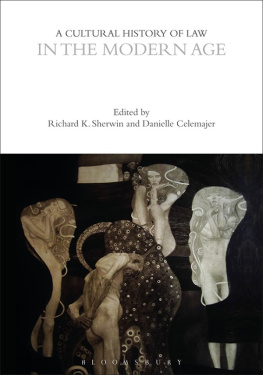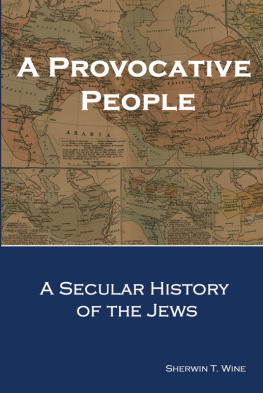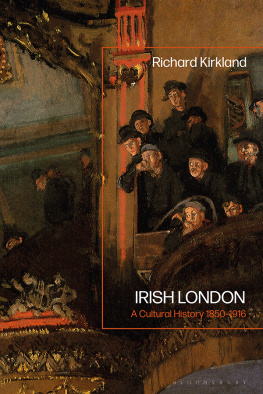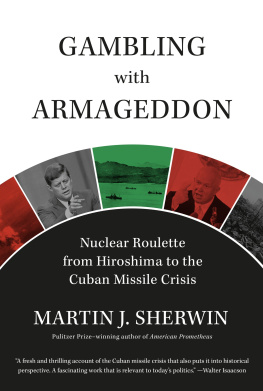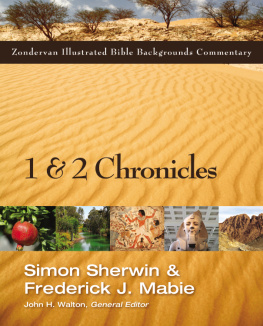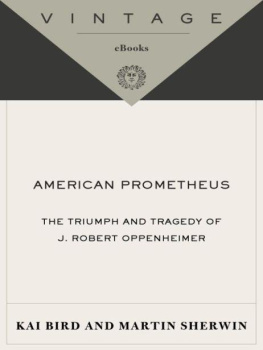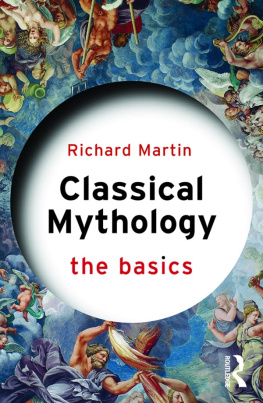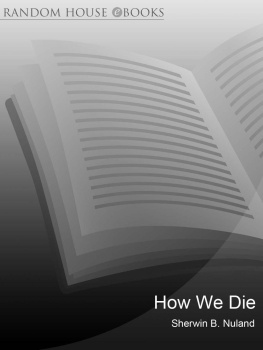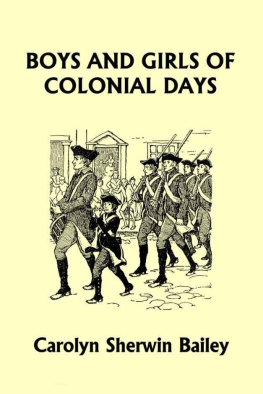A CULTURAL HISTORY OF LAW
VOLUME 6
A Cultural History of Law
General Editor: Gary Watt
Volume 1
A Cultural History of Law in Antiquity
Edited by Julen Etxabe
Volume 2
A Cultural History of Law in the Middle Ages
Edited by Emanuele Conte and Laurent Mayali
Volume 3
A Cultural History of Law in the Early Modern Age
Edited by Peter Goodrich
Volume 4
A Cultural History of Law in the Age of Enlightenment
Edited by Rebecca Probert and John Snape
Volume 5
A Cultural History of Law in the Age of Reform
Edited by Ian Ward
Volume 6
A Cultural History of Law in the Modern Age
Edited by Richard K. Sherwin and Danielle Celermajer
Danielle Celermajer is a Professor in the Department of Sociology and Social Policy at the University of Sydney. Her research explores the multi-dimensional nature of injustice and the practice of human rights. She recently completed a European Union-funded multi-country project on the prevention of torture, focusing on everyday violence in the security sector. Her publications include Sins of the Nation and the Ritual of Apology (Cambridge, 2009), Power, Judgment and Political Evil: Hannah Arendts Promise (Routledge, 2010) and The Prevention of Torture: An Ecological Approach (Cambridge, 2018). She is now researching practices that enhance forms of life conducive to respectful relationships between humans and the more-than-human world.
Christian Delage teaches at the University of Paris VIII, the Institute of Political Studies in Paris, and the Benjamin N. Cardozo School of Law. He has made over twenty films (documentary, fiction, and archival) including From Hollywood to Nuremberg: John Ford, Samuel Fuller, George Stevens (2013) and Nuremberg: The Nazis Face Their Crimes (2007). His written scholarship includes The Truth through the Image: Nuremberg Milosevic Trial (2014) and Film in the Courtroom: From the Nuremberg Trials to the Trials of the Khmer Rouge (2013). In 2010, he curated a special exhibit for the Shoah Memorial in Paris Filming the Camps: John Ford, Samuel Fuller, George Stevens, from Hollywood to Nuremberg.
Craig Elliott is a social anthropologist with qualifications from Macquarie University and Australian National University (ANU). He has taught anthropology at ANU, University of Canberra and New York University (Sydney campus). He has worked with Aboriginal people for thirty years as a consultant and senior anthropologist at Central Land Council (20062017). He has conducted anthropological research and authored reports in relation to applied public health, cultural heritage, intestate claims, and Indigenous land claims in Northern Territory, Queensland, South Australia, and Western Australia. He appeared as an expert witness before the Federal Court of Australia in the Alyawarr and De Rose cases.
Professor Desmond Manderson is jointly appointed in the ANU Colleges of Law and the Arts & Social Sciences at the Australian National University, where he directs the Centre for Law, Arts and the Humanities, designing innovative interdisciplinary courses with English, philosophy, art theory, history, among other fields, and pursuing collaborative projects with the National Library, the National Gallery, the Australian Broadcasting Corporation, and the Street Theatre. His books include From Mr Sin to Mr Big (1993); Songs without Music: Aesthetic Dimensions of Law and Justice (2000); Proximity, Levinas, and the Soul of Law (2006); and Kangaroo Courts and the Rule of Law (2012). Recent scholarship examines the intersection of law and the visual arts, notably Law and the Visual: Representations, Technologies and Critique (2018) and Danse Macabre: Temporalities of Law in the Visual Arts (forthcoming).
Joshua Oppenheimer is a writer and filmmaker. His debut feature, the documentary-fiction hybrid The Act of Killing (2012), won seventy-two awards including the Grand Jury Prize at the Venice Film Festival and was named Film of the Year in 2013 by The Guardian. The Look of Silence (2014) received seventy-two awards, including an Independent Spirit Award and a Gotham Award. He was nominated for an Academy Award for each film. Together these films have helped transform Indonesias understanding of the 19651966 genocideinspiring a movement for truth, reconciliation, and justice, as well as prompting the US Government to declassify 30,000 previously secret files detailing Americas complicity in the massacres. In 2014, Oppenheimer was awarded a MacArthur Fellowship. He is a partner at Final Cut for Real ApS in Copenhagen and Professor of Film at the University of Westminster in London.
James E. K. Parker is a senior lecturer at Melbourne Law School, where he is also director of the research program Law, Sound and the International at the Institute for International Law and the Humanities. His research addresses the many relations between law, sound, and listening. He is the author of Acoustic Jurisprudence: Listening to the Trial of Simon Bikindi (Oxford University Press, 2015), which explores the trial of Simon Bikindi, who was accused by the International Criminal Tribunal for Rwanda of inciting genocide with his songs. In 2017, he was a Visiting Research Fellow with the Program on Science, Technology and Society at Harvard. His most recent work concerns the weaponization of sound and the legal history of eavesdropping.
Susan Schuppli is an artist and researcher whose work examines material evidence ranging from war and conflict to environmental disasters. She has published widely within the context of media and politics and is author of Material Witness (2018). Schuppli is Director of the Centre for Research Architecture, Goldsmiths University of London, and previously worked on the Forensic Architecture project.
Richard Sherwin is the Wallace Stevens Professor of Law and Director of the Visual Persuasion Project at New York Law School. His scholarship explores the relationship between law and culture, focusing in particular on legal narrative, visual communication, the legitimation process, and the genealogy of laws sovereignty. His books include: Visualizing Law in the Age of the Digital Baroque: Arabesques and Entanglements (2011) and When Law Goes Pop: The Vanishing Line between Law and Popular Culture (2000). In 2018, he was elected Visiting Fellow at Fitzwilliam College and Senior Research Fellow at the Centre for Research in the Arts, Social Sciences and Humanities at Cambridge University.
Diana Taylor is University Professor and Professor of Performance Studies and Spanish at New York University. She is the author of multiple books in English and Spanish, including Presente! The Politics of Presence (forthcoming), Performance (2016), The Archive and the Repertoire: Performing Cultural Memory in the Americas (2003),



